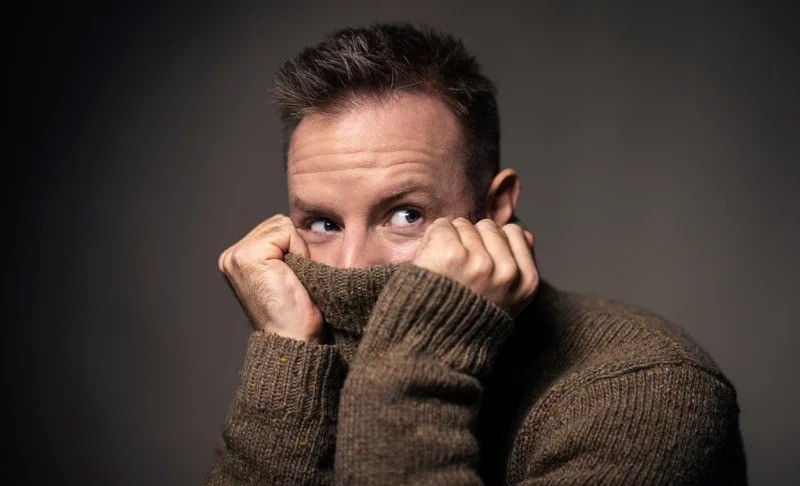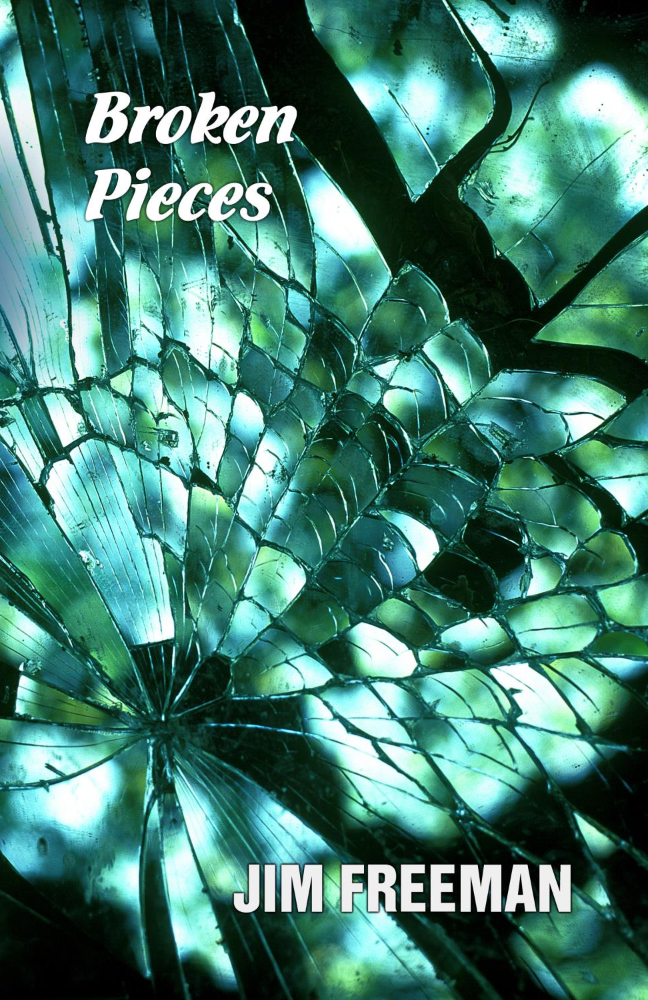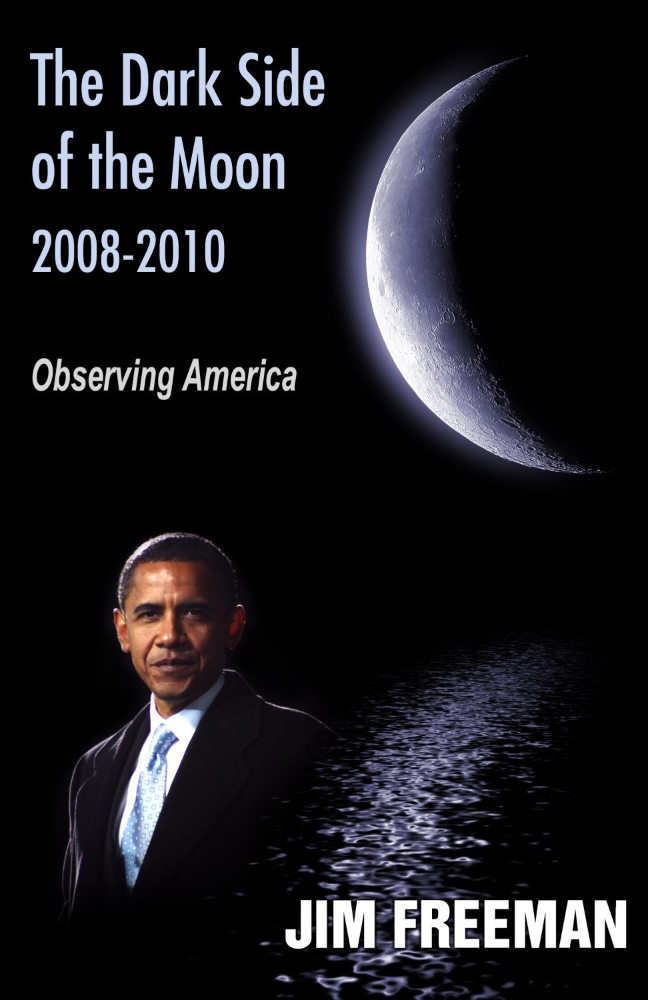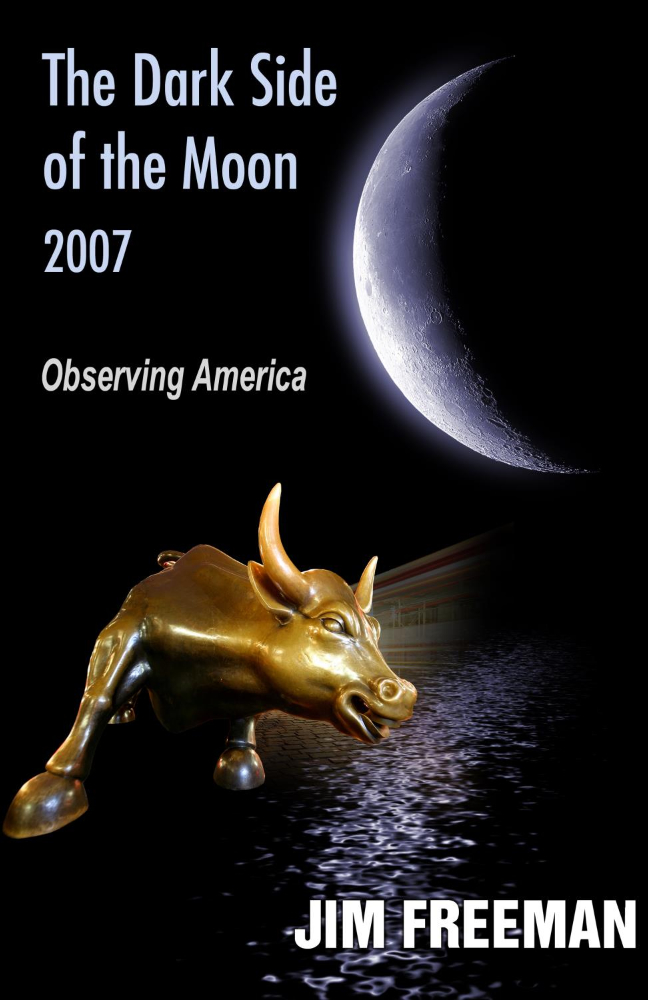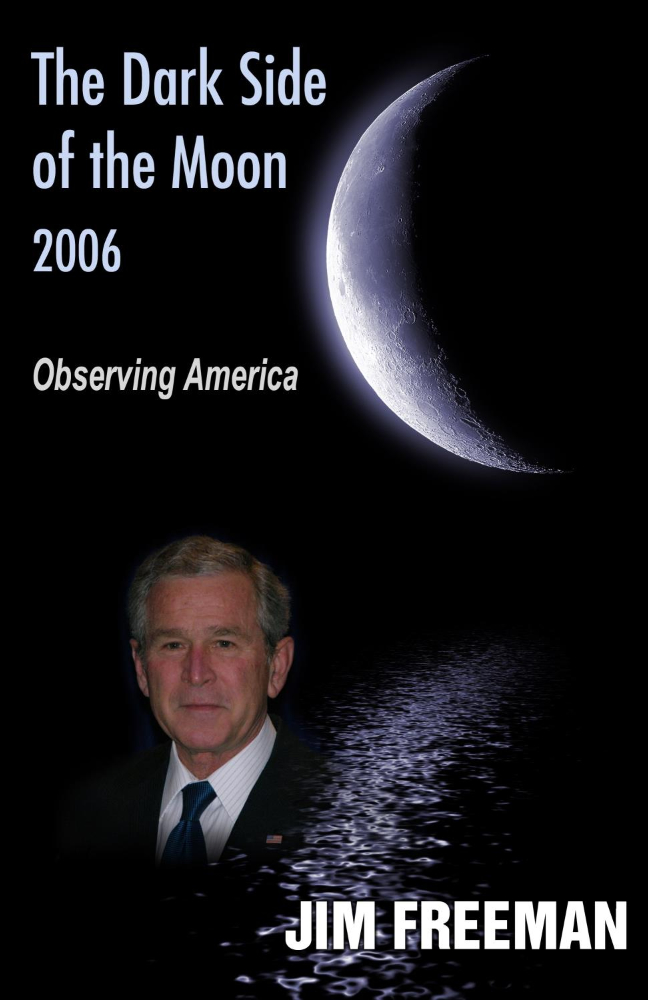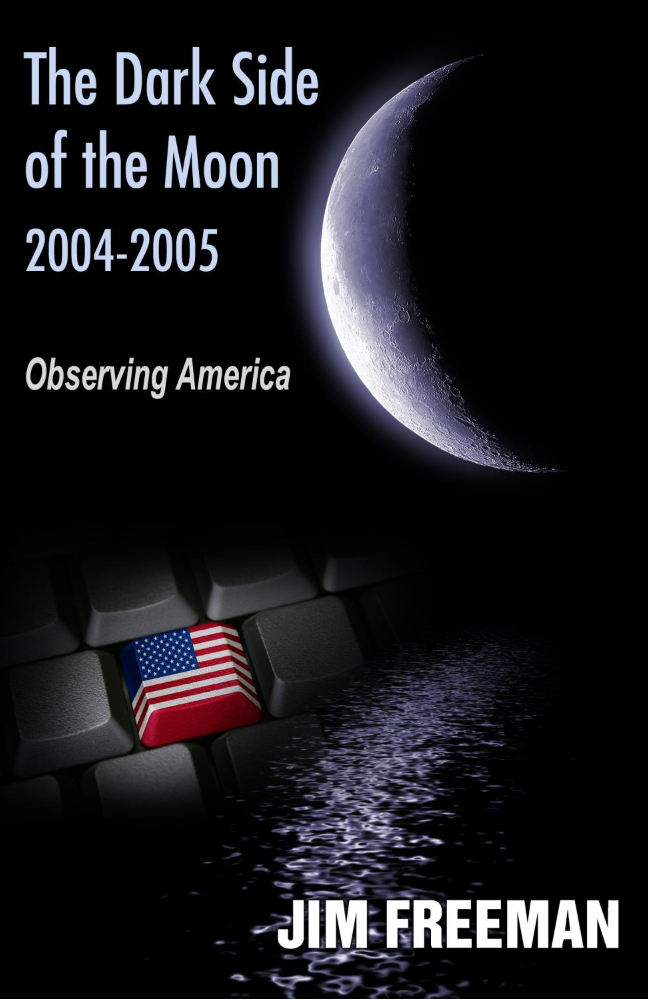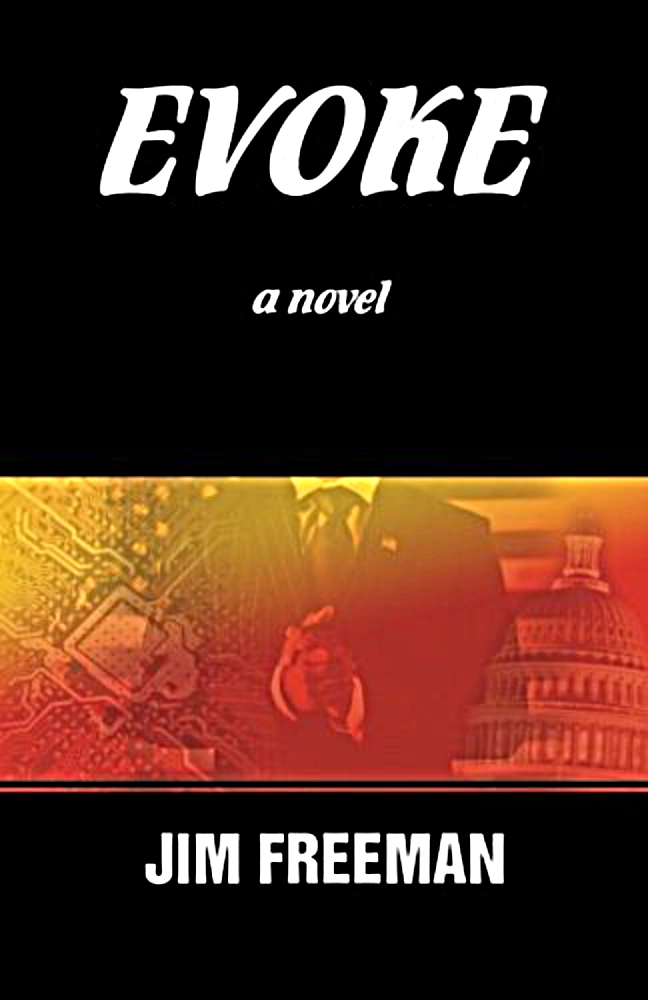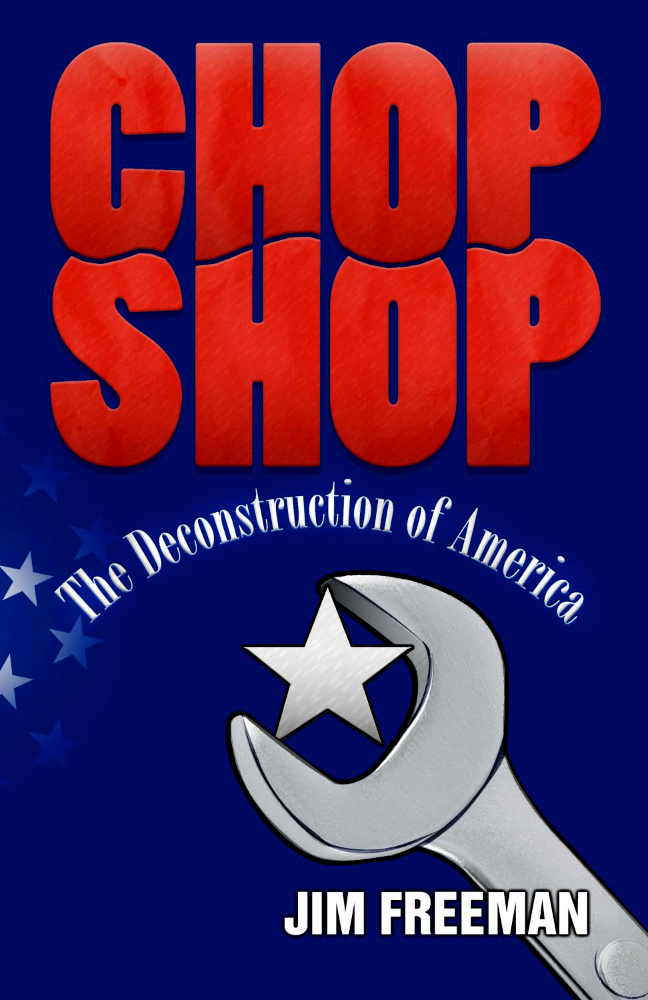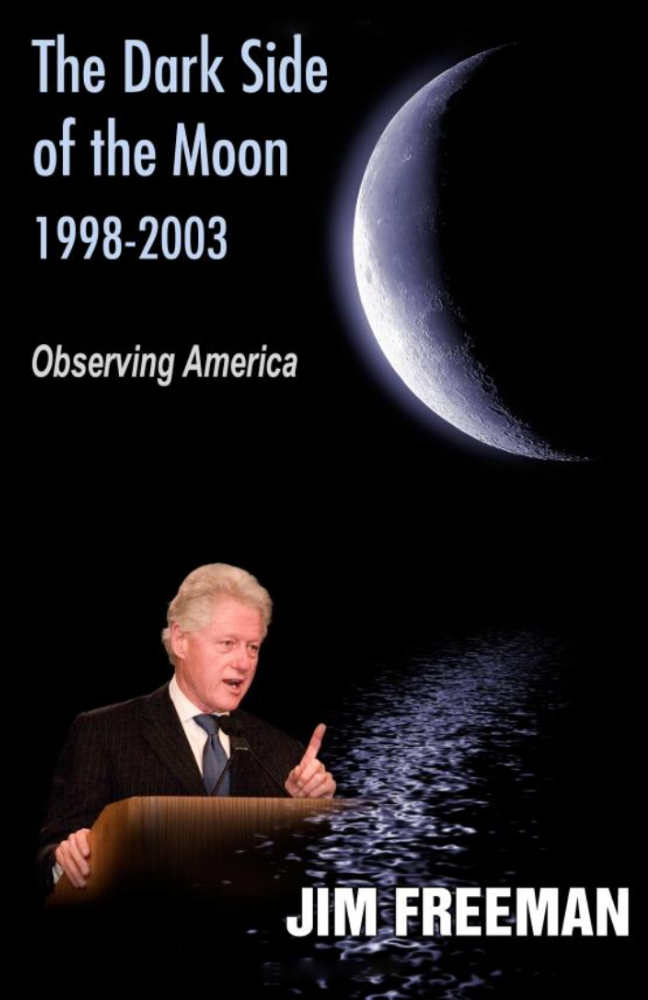What makes us look out over an audience of two or three thousand people and feel sweat trickling down our side? We know the presentation cold. The cue cards are before us so we can be extemporaneous, as a good presentation should always be. But what if we stumble? Yeah, well, the chance is always there.
It’s a learnable habit to set embarrassment aside
I remember a long time ago, when Bill Clinton was in a primary debate prior to his first presidency and a black woman from the audience asked him a tough question with racial overtones. Remember, Clinton was governor of a southern state. He took the microphone from the lectern, walked to the edge of the platform where she stood below him, dropped to one knee, and had a conversation. It was brilliant, and may have won him the presidency, but it could well have gone wrong. He was willing to be wrong, and we loved him for it because he never stopped speaking directly to us.
We’ll forgive a dropped ball at second base
What we won’t forgive is not trying to make the play. Every failure you or I have ever made or ever will make is based on an attempt to do something useful—or fun—or just plain interesting. That’s a natural tendency in children, but we get it scolded out of us. Kids ask ‘why’ and get ‘because I say so’ in reply. The more inventive among us stop asking and try stuff on our own—but we’re only kids, so we do it wrong and learn from that. The need to know is that strong.
Attempting is a core human value. It’s a habit we can train for, perhaps the most valuable habit in our lives. But we have to drag it back from where we lost it in the schoolyard, dust it off, polish it up and set it on the mantel above the fireplace—where it belongs.
Failure teaches us the lessons that inevitably lead to success
Not by failing over and over—that’s stupid–but by changing our approach, taking off in another direction, based on finding out what does not work. That’s the basis of scientific testing and the reason great athletes succeed. Here’s what Michael Jordan has to say on failure:
“I’ve missed more than 9,000 shots in my career. I’ve lost almost 300 games. Twenty-six times I’ve been trusted to take the game-winning shot and missed. I’ve failed over and over and over again in my life. And that is why I succeed.”
A life without failure is boring, uninspiring and, ultimately, a life that’s dull and plodding
Who wants to sit at life’s table and be brought a meal every day until we die? All human progress in science, the arts, education, and social advancement uses failure as the testing-ground for success. What didn’t work leads us toward what might work and, ultimately, what will work.
So, as I’ve said elsewhere, giving yourself the permission to fail is a key element of any path forward. No permission, no progress. It’s as simple as that. We all fear something. I worry I won’t give enough value as a consultant–and it’s a practical worry because it keeps me on my toes—but if it becomes a fear, I’m in trouble.
It’s been proven again and again that it’s embarrassment we’re far more worried about than failure itself. What will people think of me? A better question is what are the things you’ve missed out on? What might you have accomplished at the office if you hadn’t been too shy of failing? Or—better yet—what might you have done with your family, kids or friends?
Manager or employee, spouse or friend, teacher or father—if fear of failure impacts either your life or your relationships, learn to turn that fear into your friend.
It’s easy to say “the future belongs to the bold?” But that’s just plain wrong, particularly in this rapidly changing business environment—the future belongs to the willing.
